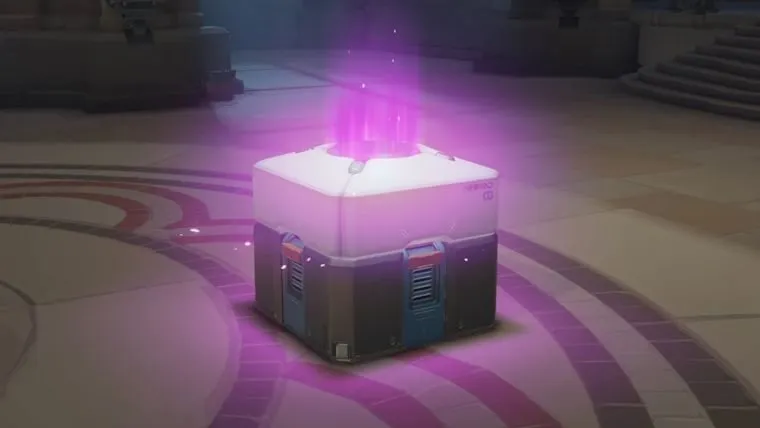Microtransactions have been a repeated topic of discussion in gaming over the past several months and the general consensus among players is that they’re bad. However, if Activision Blizzard’s latest financials are anything to go by, then microtransactions aren’t anywhere as bad they’re made out to be because Activision is making a lot of money with them.
Based on its latest report detailing its results for calendar year 2017, Activision Blizzard revealed that it made over $7 billion in the year. And a large part of that was from “in-game net bookings,”which covers loot boxes, sales of DLC, and in-app purchases.
It’s a pretty staggering trend to be sure, but not one that exists as a total mystery.
Activision Blizzard owns several IPs that make use of microtransactions and also owns King, the company behind mobile games like Candy Crush that have a major focus on microtransactions. King generated around $2 billion from in-game purchases for its parent company, meaning that their big console and PC titles are likely making tons of extracurricular money as well.
And though the precise breakdown is unknown, there are a few notable titles that helped contribute to Activision Blizzard’s total. Destiny 2, Call of Duty: WWII and Hearthstone are all counted on that list. Heck, there’s even Overwatch which holds the distinction of being one of the only games which features microtransactions that players begrudgingly accept.
That said, it’s still pretty crazy to hear Activision Blizzard making so much money off of microtransactions when people have voiced such strong objections towards them. As mentioned before, microtransactions have been a repeated topic of discussion in recent months and things seemed to come to a head in November when EA came under fire for having Star Wars Battlefront II incorporate arguably the most malicious form of microtransactions to date. People vowed to never buy the game, and lawmakers are now considering having one aspect of it — loot boxes — be classified as gambling, calling for a partial ban.
However, at least in the short term, it seems that incident hasn’t hurt EA much because it still made $787 million from its “live services” during the last quarter.
And that’s really what it comes down to in the end: it doesn’t matter how much people kick and scream about it, companies know consumers will still purchase their games. So as long as that keeps happening, they have no incentive to remove microtransactions from their products.
Update: The original article cited incorrect figures and the edits in the title and body of the article have been made to reflect this.











Published: Feb 12, 2018 02:12 pm